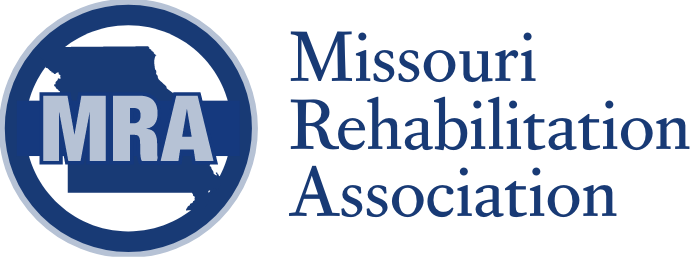
In this section you will read about the chapter description and learning outcomes of this chapter.
This chapter has three lessons.
To maximize learning, the lessons are developed to be consumed in 10-20 minute segments with engaging questions and or resources to apply to real world situations. You are also encourage to complete these chapters with colleagues or have conversations with supervisors to maximize learning.
Imagine a world where everyone's behavior is understood, respected, and supported. This is the goal of Positive Behavior Support (PBS). PBS is a research-based approach that helps individuals of all ages develop positive behaviors and decrease challenging ones. Instead of focusing on punishment, PBS emphasizes teaching new skills and creating supportive environments. By understanding why people behave the way they do and providing tailored strategies, PBS can significantly improve quality of life and foster independence. Let's explore how PBS works and how it can benefit individuals, families, and communities.
Chapter Description:
WPS 101 introduces Positive Behavior Supports, defined as a set of research-based strategies used to increase quality of life and decrease problem behavior. This practice teaches socially appropriate skills and making positive changes in a person’s environment. Such changes allow a person more autonomy with control of their plan and changes made. Through WPS 102 we will delve deeper into specific goal-setting and valued outcomes, identifying challenging behaviors, data collection, and the process of creating and implementing person-centered plans to reinforce positive behaviors. We will practice and improve listening and communication skills to build rapport and learn about a person’s health and well-being, safety, relationships, behaviors and needs. These supports will further equip staff with insight to assist with coping to change, receiving direction, reactions in a person’s work or home environment, and more.
Learning Outcomes:
At the completion of the training participants will be able to:
1. Understand and conceptualize PBS within a work environment.
2. Identify challenges or barriers to employment and problem solve with positive solutions.
3. Implement natural supports and strategies for individuals, families, coworkers, supervisors, etc.
4. Collect and analyze data to use when developing strategies or support plan goals.


